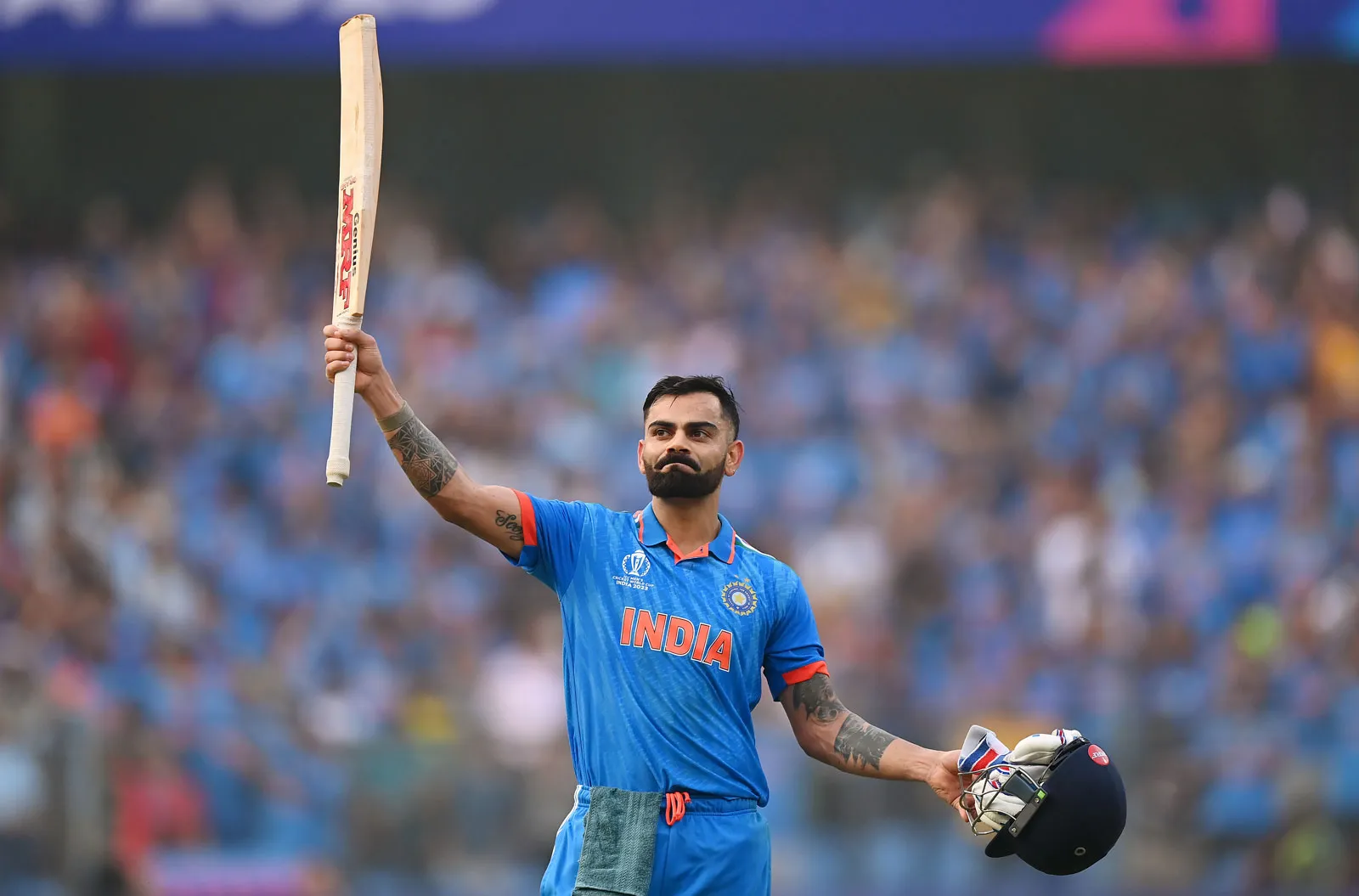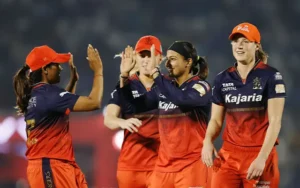
India vs New Zealand: Virat Kohli Can Break This 3 Records
On Sunday, India vs New Zealand in the final of the ICC Champions Trophy at Dubai International Stadium. Virat Kohli has been in excellent form and might play a key role for the Men in Blue in this encounter.
India, led by Rohit Sharma, has gone unblemished in the competition thus far. Virat Kohli has dominated with the bat, accumulating 217 runs at an average of 72.33 and a strike rate of 83.14.
Three Records Kohli can Break in the Final Match Against New Zealand
Meanwhile, the renowned Indian batter has a fantastic opportunity to smash three enormous records in the Champions Trophy final, as detailed below.
Most ODI hundreds for India vs New Zealand
Virender Sehwag, India’s legendary opener, has the most ODI hundreds against New Zealand. Sehwag has six hundreds, while Virat Kohli has already matched him.
So, if Kohli scores a century in the Champions Trophy final, he would surpass Sehwag’s record for most centuries for India against New Zealand in ODI cricket.
Also Read: IND vs NZ Dream11 Prediction: Fantasy Cricket Tips for ICC Champions Trophy 2025 Final
Most ODI runs for India vs New Zealand
Sachin Tendulkar, known as the God of Cricket, is India’s most successful ODI hitter against New Zealand, having scored 1750 runs. Interestingly, Virat Kohli has already scored 1656 ODI runs against the Kiwis.

So, if he hits 95 runs in the final, he would surpass Tendulkar as the highest ODI runs for India vs New Zealand
Most runs and 50+ scores in ICC ODI knockouts for India
Sachin Tendulkar is now the most successful Indian batter in ICC ODI knockout matches. The Master Blaster has 657 runs, followed by Virat Kohli, who has 530.
If Kohli gets 128 runs in the final, he will dethrone Tendulkar and take first place. Furthermore, Tendulkar has six fifty-plus scores in ICC knockouts, whereas Kohli has only five. So, if the Delhi player hits a fifty, he will equal the Master Blaster on the exclusive list.
Also Read: Rohit, Kohli & Jadeja at Risk of Losing A+ BCCI Central Contract—Here’s Why!
Share this content:




















Post Comment